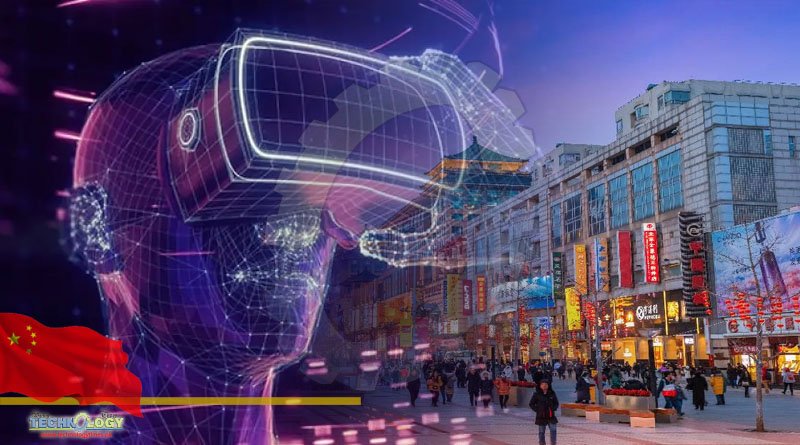Metaverse applications will be used in scenarios ranging from industrial product design and development to surgical practise and government services.

Zhejiang is the latest Chinese province to launch a metaverse development plan, after gaining traction among local Chinese authorities as a promising new industry.
The eastern province, where Post-owner Alibaba Group Holding is headquartered, aims to develop metaverse-related industries worth more than 200 billion yuan (US$28.7 billion) by 2025, according to a development plan published on the official website of the provincial development and reform commission on Thursday.
The plan, which covers the years 2023–2025, outlined several major objectives, including the creation of a complete supply chain and industry ecosystem, increased innovation, and the promotion of metaverse applications in industries such as e-commerce and entertainment. Zhejiang aims to develop 10 industry leaders and 50 enterprises with expertise in augmented reality, virtual reality, mixed reality, blockchain, and artificial intelligence.
Several local government departments are involved in the development plan, including the propaganda department, the cybersecurity administration, the science and technology department, the provincial department of commerce and the market supervision bureau.
Zhejiang isn’t the only Chinese province with metaverse work plans. Authorities in several major cities, including Shanghai, Hangzhou, and Wuhan, the capital of central Hubei Province, have announced similar plans in the last year.
China’s tech companies are also experimenting in the sector. Xiaohongshu, based in Shanghai, is selling virtual fashion items in the form of non-fungible tokens (NFTs), while Tencent Holdings has collaborated with a number of fashion brands for its Peacekeeper Elite game, a localised version of PUBG Mobile.
The Zhejiang government’s newly published plan also emphasises the integration of the real economy and metaverse in areas such as manufacturing, medicine, and future cities. Metaverse applications will be used in scenarios ranging from industrial product design and development to surgical practise and government services.
Nonetheless, as local governments and businesses flock into the booming metaverse industry, state media has issued warnings about the risks. Last month, China’s top economic newspaper warned against “frenzying” into the metaverse.
“While the metaverse industry appears to be promising, it may not be appropriate for every region. “Be wary of feverishly following suit and betting big on it while detached from reality,” warned the article in Economic Daily, a State Council-run newspaper overseen by the Chinese Communist Party’s central propaganda department.
Originally published at South China Morning Post
